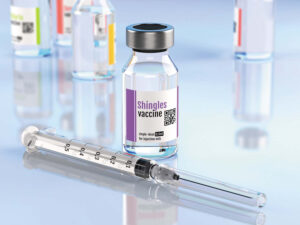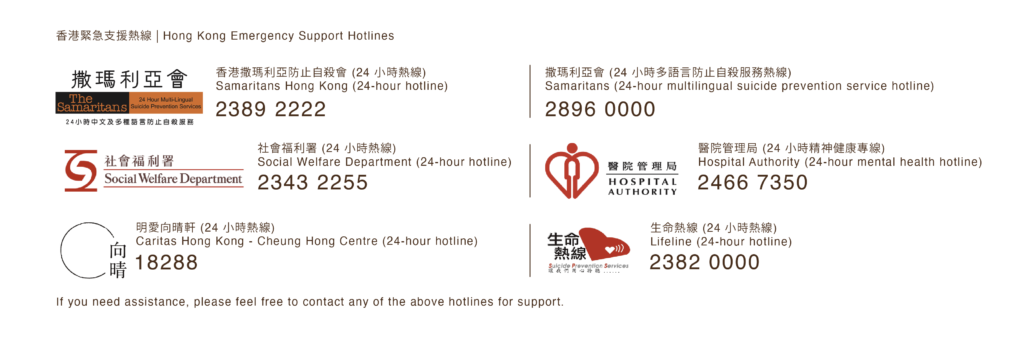Are you struggling to recover from the heartbreak and worried that you might be developing depression? Suddenly separating from a partner who has always provided you with emotional support can be a painful and tragic experience. If you cannot resolve the pain of heartbreak, it may develop into depression, depending on your personality, values, and the nature of your relationship. To avoid falling into depression, it is crucial to adopt a positive attitude and recover from your sadness.
In this article, we will explore the relationship between heartbreak and depression, as well as how to recover. We will also share experiences of individuals who have overcome breakup-related depression, which you can use as a reference for your own recovery.
Traits of People Who Are More Likely to Become Depressed After a Breakup
1. **Low Self-Esteem**
– Individuals with low self-esteem often lack confidence and may find their sense of worth through having a romantic partner. Some characteristics of people with low self-esteem include: fear of failure, perfectionism, a strong desire for recognition, and placing high value on others’ opinions and evaluations. The more similarities you share with your partner, the more self-loathing you may feel after a breakup, increasing the likelihood of becoming depressed. Additionally, after a breakup, you may firmly believe that you are no longer attractive.
2. **Dependency on Others**
– When you rely on your partner, your life revolves around them, and you seek all your emotional support from them. This state of being fully invested in another person to meet your need for validation can lead to increased feelings of loneliness and anxiety once the relationship ends. You may feel incapable of accomplishing anything and become disheartened.
3. **Negative Thinking**
– Those who tend to view things negatively are more likely to develop depression after a breakup. You may become extremely pessimistic, thinking “everything is ruined” or “my life is over.” When you lose hope for the future and feel down, this negative thinking can trap you in a cycle of negative emotions, increasing the risk of developing depression.
How to Recover from Heartbreak
In this section, we will introduce three methods for recovering from breakup-related depression. If you are struggling with the pain of heartbreak, consider trying the following:
1. **Spend Time with Friends**
– After a breakup, people often feel lonely and fall into negative emotions. Spending time with trusted friends can reduce feelings of loneliness and help you feel more at ease. Casual conversations and laughter can lighten your mood and change your emotional state. Being around friends can help you avoid dwelling on the pain of the breakup and gradually process your emotional hurt. Try going out with friends or enjoying hobbies to aid your recovery from the pain of the breakup.
2. **Cry Your Heart Out**
– To overcome the pain of heartbreak, it is important to express your sadness honestly. Suppressing your emotions only leads to more discomfort and lingering painful memories. Crying can help you sort through your emotions and relieve stress. Watching touching movies or dramas can evoke empathy and allow you to express your feelings naturally. If you can cry freely, it will help you take a new step forward and face your feelings honestly, enabling you to move on.
3. **Immerse Yourself in Things You Love**
– Engaging in activities you enjoy not only distracts you but also reignites your interests and passions. Whether it’s reading, listening to music, or pursuing other favorite activities, these can help you rediscover yourself in moments of joy. Additionally, trying to learn new skills or explore new hobbies can not only help you forget the pain but also allow you to discover new self-worth and potential.
We hope these suggestions will help you better cope with the pain of heartbreak and gradually return to a more positive state.






